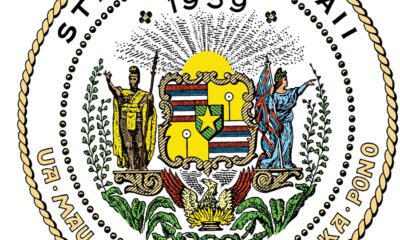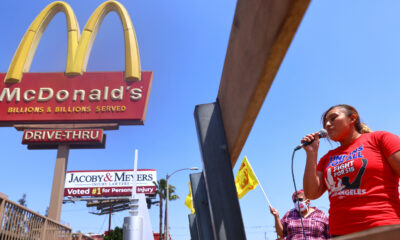



















Justin Timberlake’s All the pieces I Thought It Was period is totally upon us, and the celebrity celebrated his freshly launched sixth studio album by opening...


The iHeartRadio Music Awards took over the Dolby Theatre in Los Angeles on Monday (April 1), with Ludacris returning to host the awards present for the...


Division of Taxation Information Launch 2024-04: Tax Deadlines Reminder – April 1 2024 Posted on Apr 1, 2024 in Newest Division Information, Newsroom DEPARTMENT OF TAXATION...


ATLANTIC CITY – The town’s mayor stated a police raid at his residence was an inappropriate response to a “household matter,” but additionally indicated a possible...


Atlantic Metropolis Mayor Marty Small addressed the general public on Monday, simply days after legislation enforcement officers executed a search warrant at his house final week....


Editor’s observe: This story has been up to date to make clear that the job posting doesn’t specify which group the mascot shall be working for....


SOUTH BEND, Ind. (WNDU) – At the moment is a kind of days the place Michiana units itself other than virtually in every single place else,...


Space companies are gearing up for Dyngus Day… A Celebration originating from Poland. Dyngus Day is a Polish celebration of the March equinox. Now it’s celebrated...


Editor’s Observe: This text has been up to date to mirror the variety of eating places a sequence will need to have for the brand new...


Quick-food staff rally for well being and security protections close to a McDonald’s in Los Angeles, in 2021. Mario Tama/Getty Pictures conceal caption toggle caption Mario...